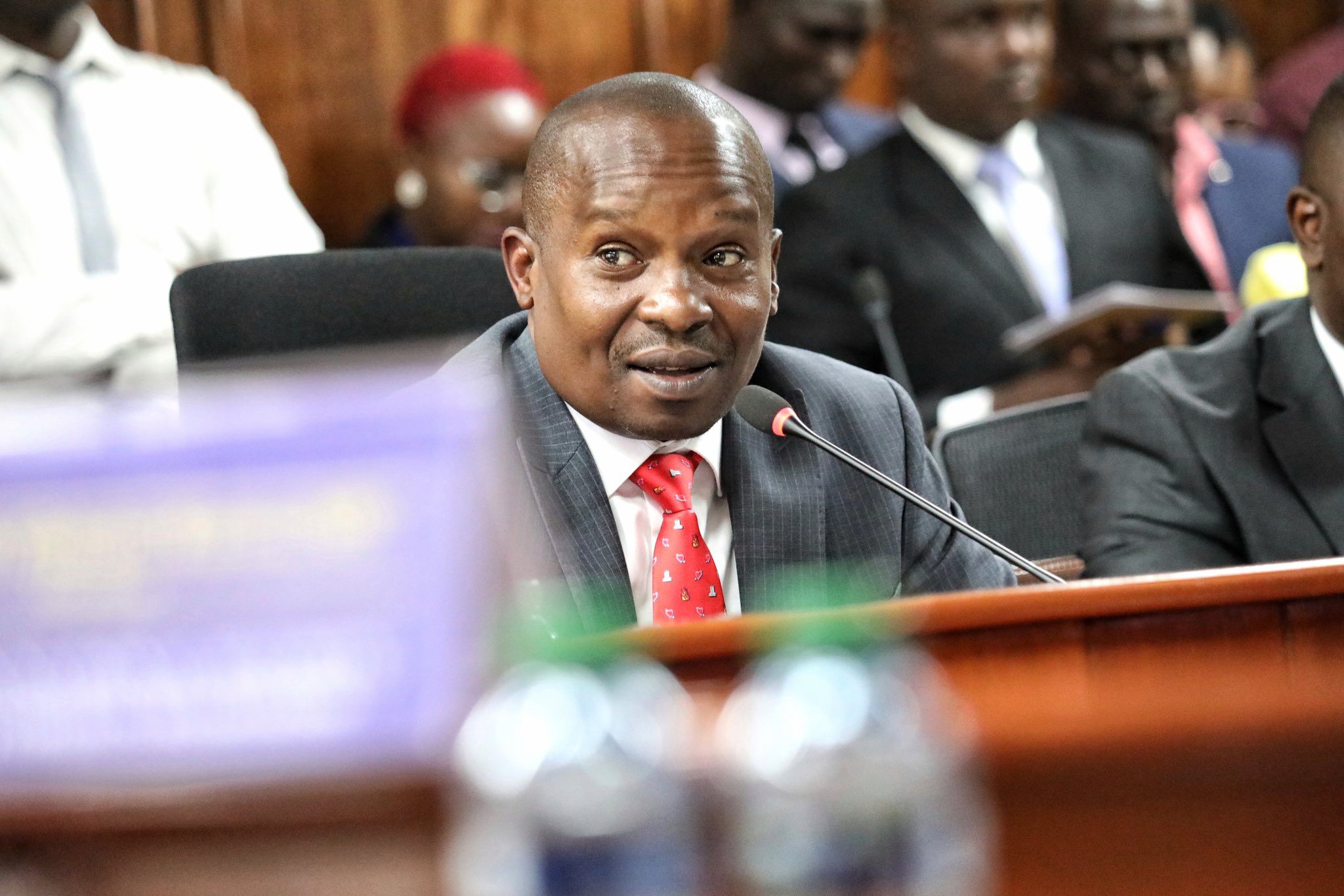Branch MFB and Solv Kenya have announced a partnership that aims to unlock new growth potential for micro, small and medium enterprises (MSME) in Kenya. Via the partnership, MSMEs are set to benefit from loans, business development support and market linkages.
Branch MFB is a Neobank and Solv Kenya is a full-stack B2B marketplace. Businesses on Solv Kenya platform will be eligible for loans and working capital of upto KES 1 million. This will be facilitated by Branch. Therefore, MSMEs will have less liquidity trouble. The ease in access to cash will aid in restocking and paying suppliers.
Speaking during the partnership announcement, Branch East Africa Managing Director Rose Muturi said seamless access to digital financial services will help address liquidity challenges for MSMEs.
“By combining our expertise, we will provide Kenyan entrepreneurs with the comprehensive support they need to scale their businesses and contribute to a more vibrant Kenyan economy,” Ms. Muturi said.
Solv Kenya Portfolio
The MSMEs will also get financial guidance and networking opportunities due to Solve Kenya’s rich portfolio. Solv Kenya has a portfolio on its platform that cuts across various supply chains ranging from food, consumer goods, construction, alcoholic beverages, animal feeds, electronics, airline and travel.
African Lead SC Ventures and Chief Executive Officer Solv Kenya Dan Karuga said. “We are confident we will unlock new capital streams for SMEs, enabling them to scale efficiently. Together, we aim to reach out to more MSMEs and offer them convenient and affordable credit solutions that suit their needs,”
MSMEs are important contributors to economic growth in Kenya, constituting 98% of all business entities in the country. The sector remains highly informal, as only 20% of the over 7.4 million MSMEs operate as licensed entities. The sector provides enormous opportunities for socio-economic transformation, absorbing low-skill and economically excluded individuals, such as women, persons with disabilities, and those with low levels of education. According to USAID, the sector collectively generates 30 percent of the GDP.


















